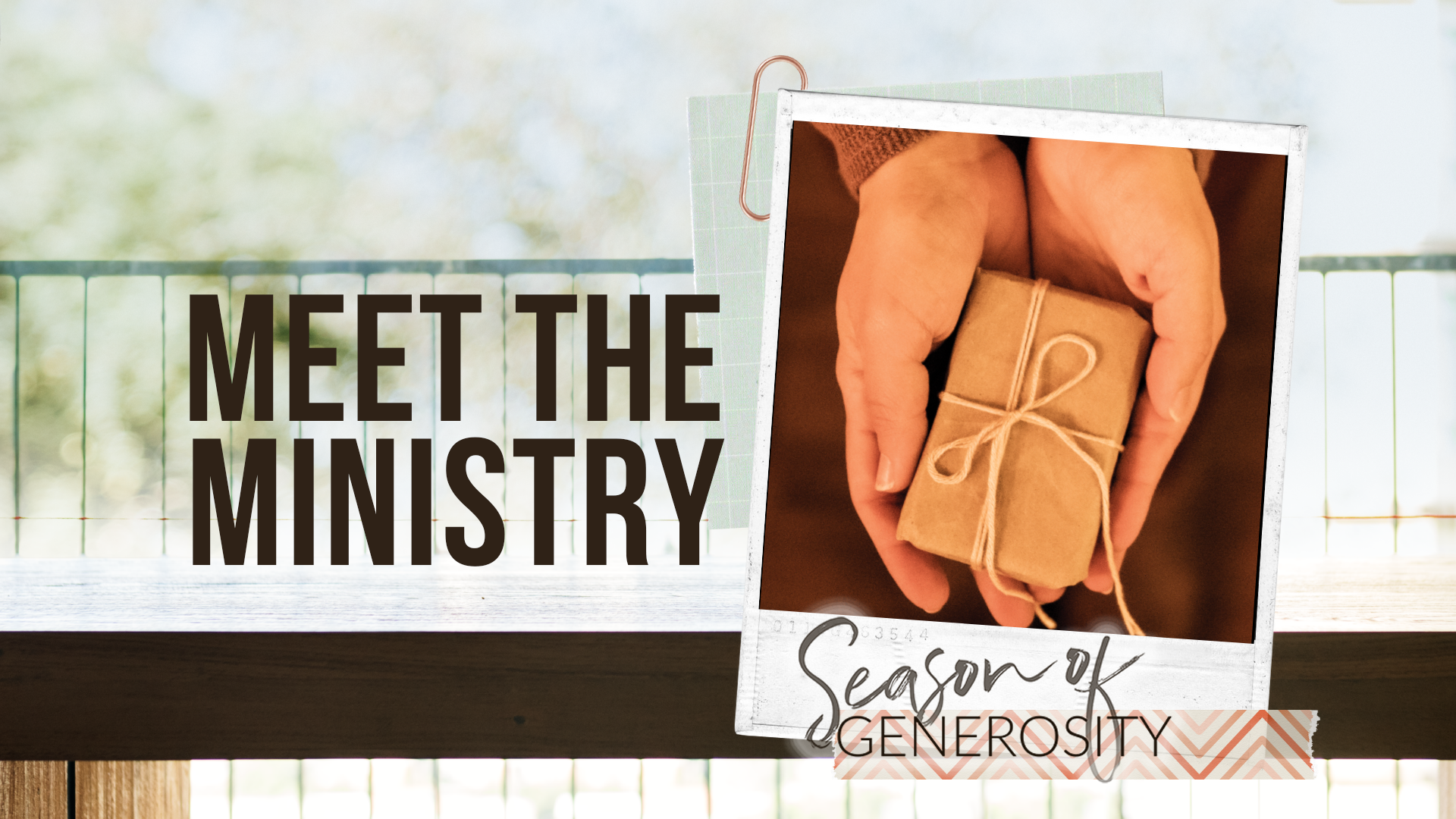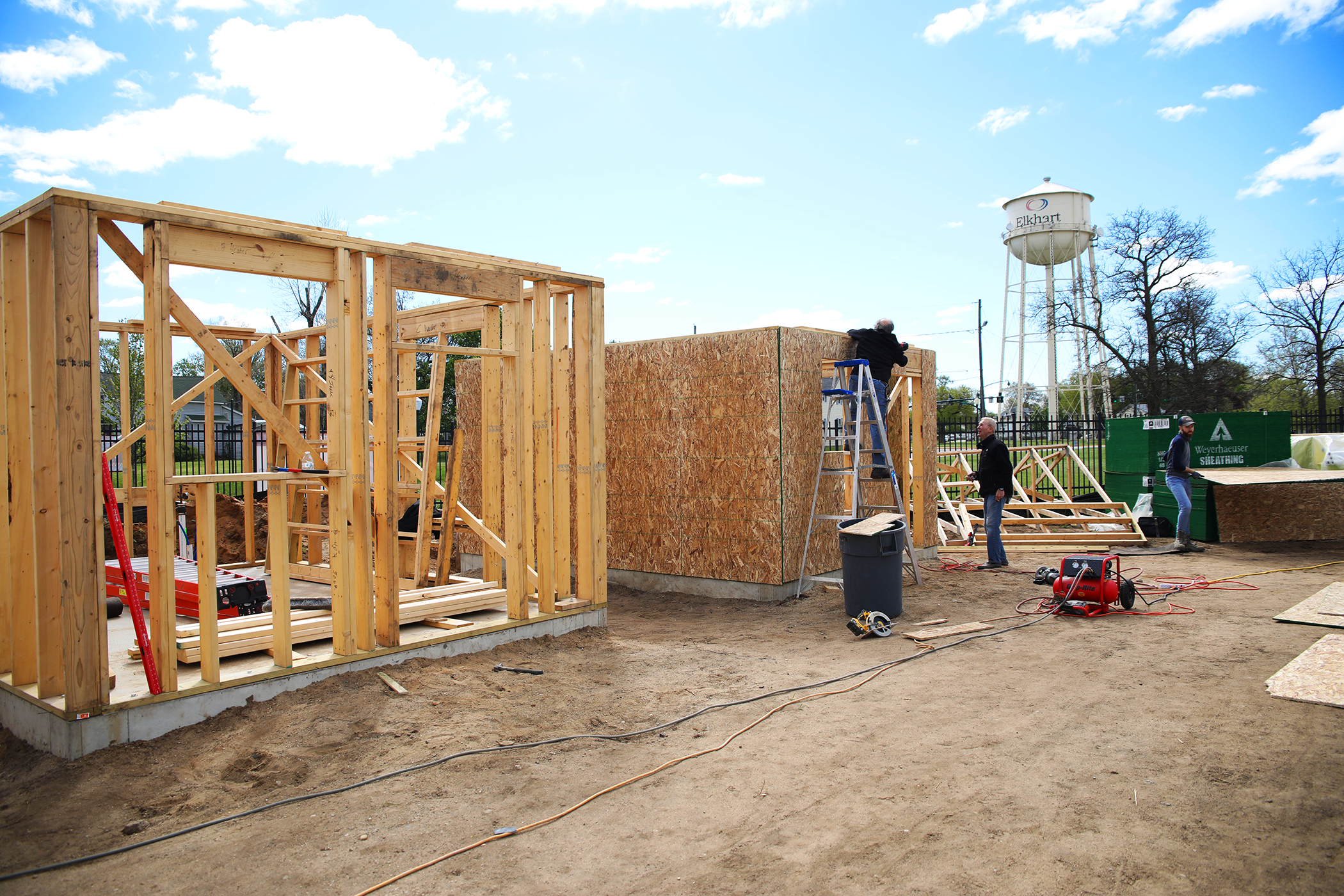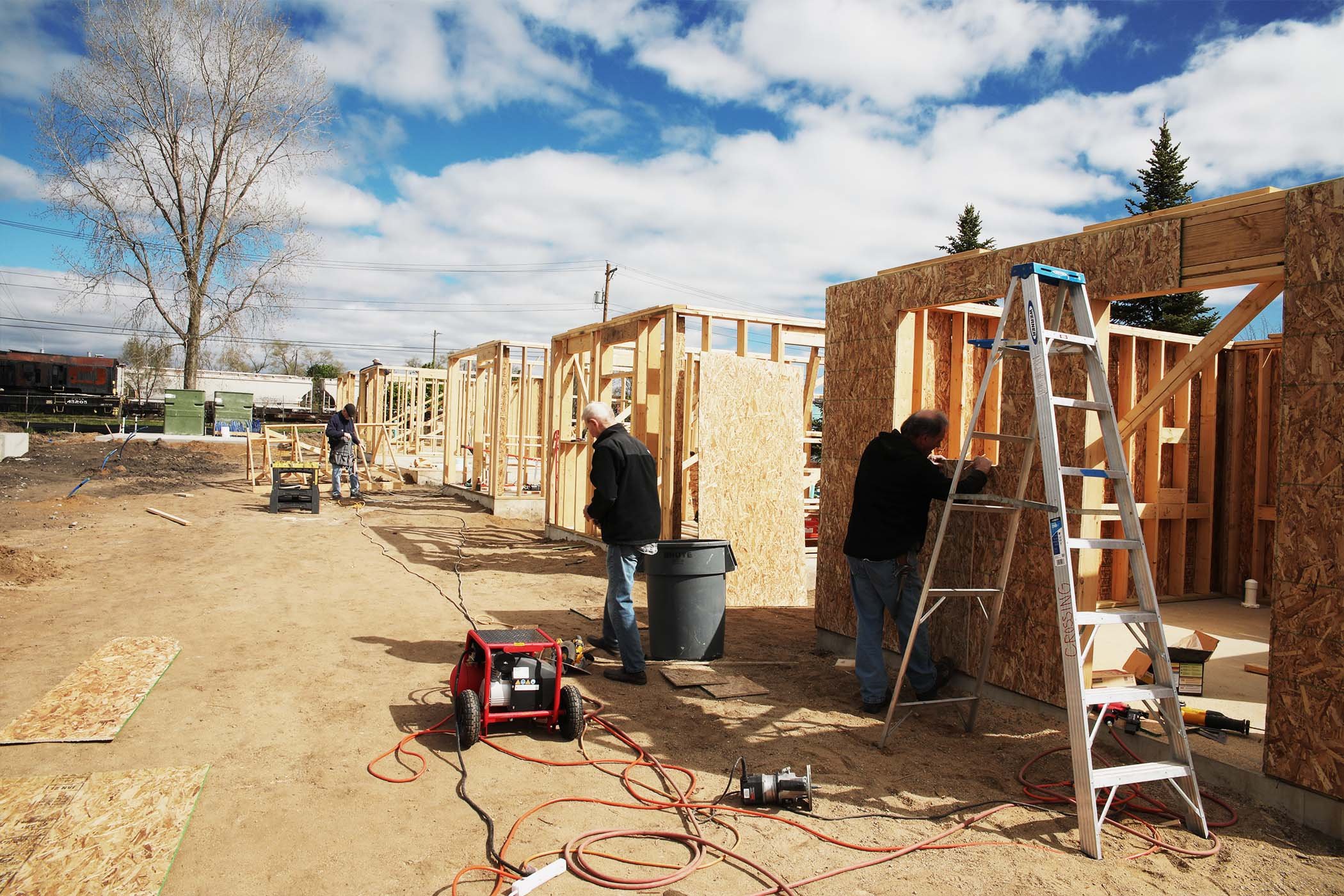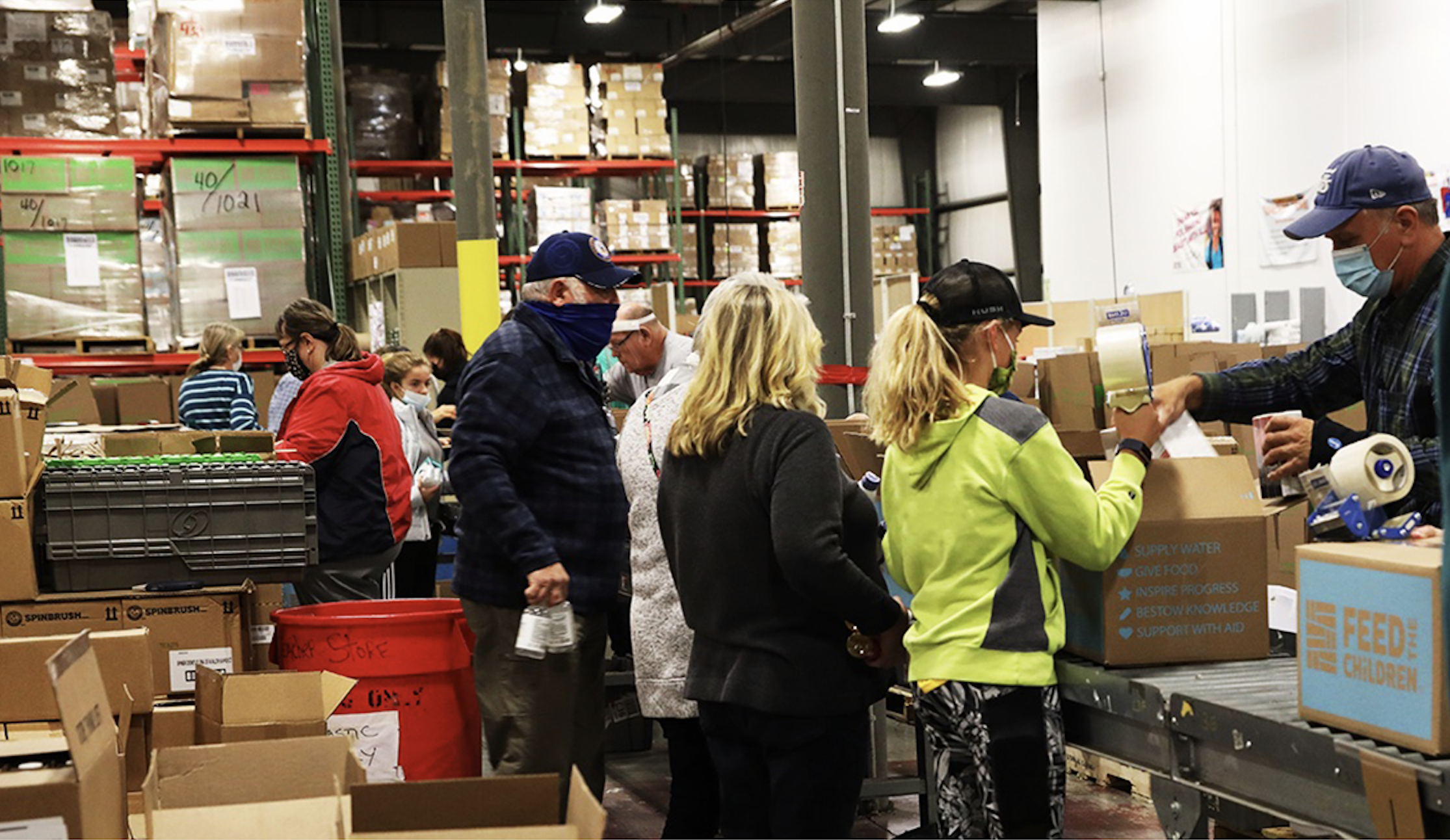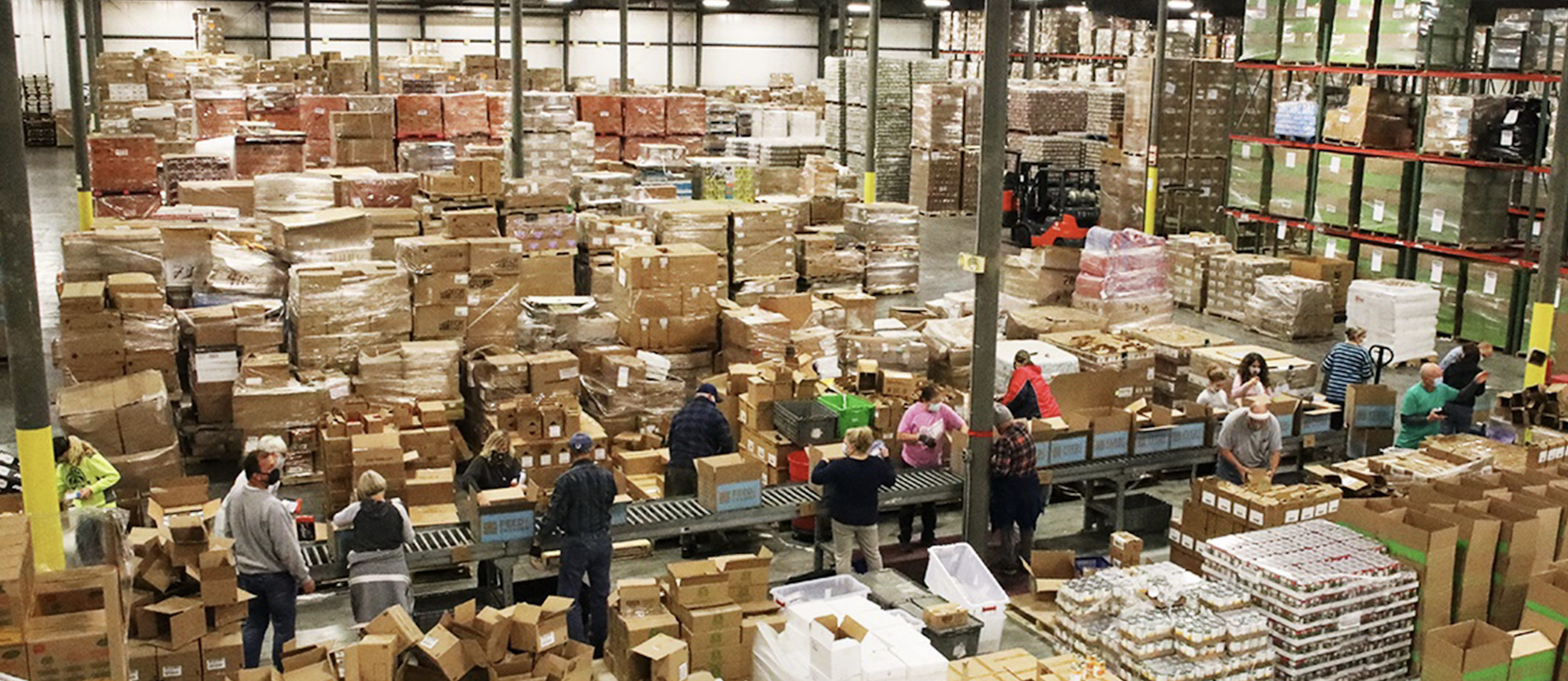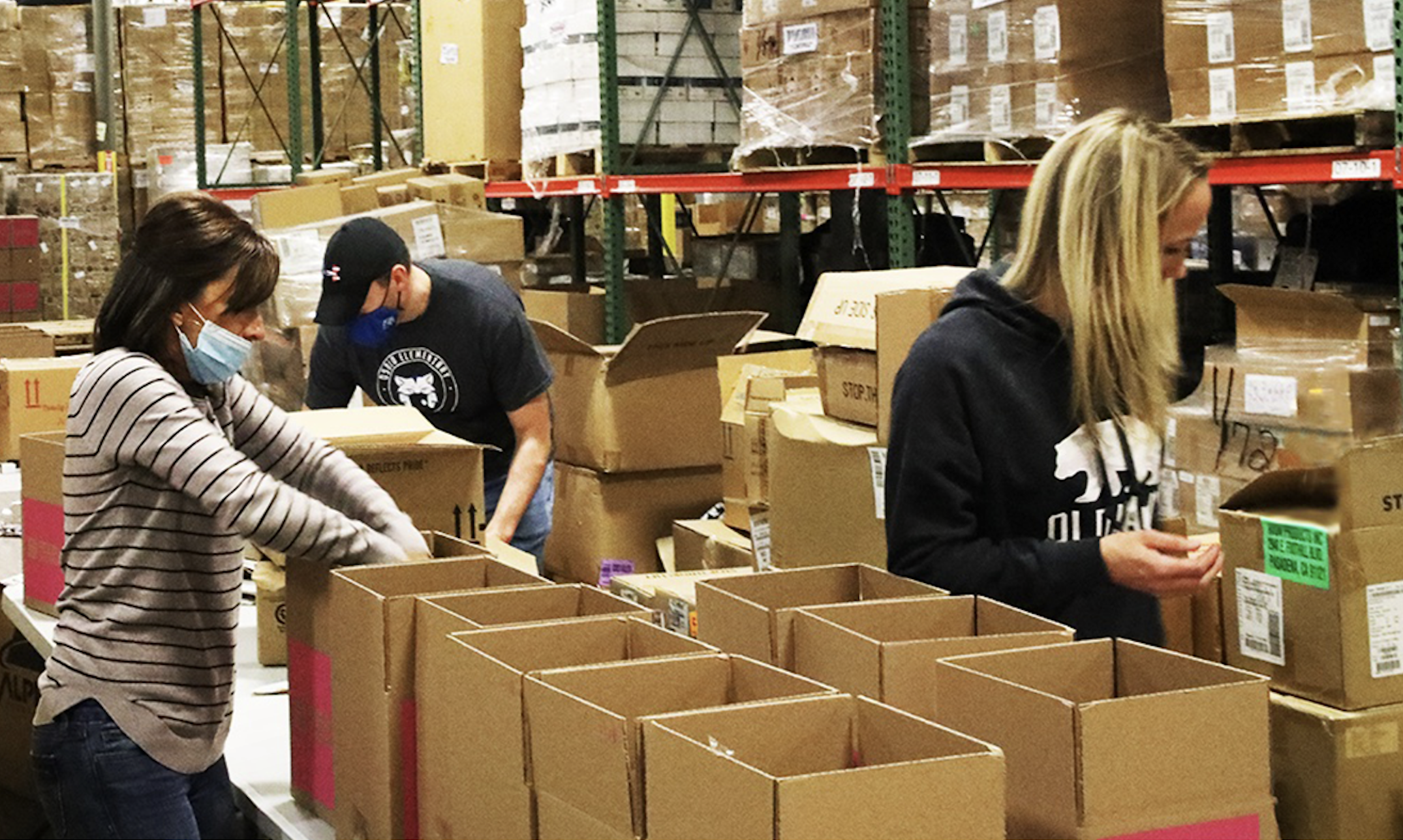Summer is an awesome time to build community, especially for young adults. College students have returned home, calendars are typically lighter, and the warm weather is begging to be enjoyed! We sat down with Andreya Miller to learn more about opportunities at FBC for young adults not only to connect, but to make this summer count for eternity. Andreya serves both as FBC’s Communications Director and as a leader in The Bridge 1825 - FBC’s young adult ministry. So, if you’re a young adult, or you know someone who is, enjoy our Q+A with Andreya below!
What’s the story behind the name, “The Bridge 1825”?
“The Bridge” comes from the idea of bridging the gap between your teen years and adulthood. It’s this “in-between” space where you’re on your own, but you haven’t moved into the next stage of life yet. “1825” is the age range of our group: 18-25 year-olds.
What’s been your personal story with The Bridge?
It started off as a unique opportunity for my friend Arin and I. When we first started coming to FBC in 2021, we really just desired a community, and we didn’t have one. So it was basically us and a couple of our friends. We started coming here and asked around about a young adults group, and FBC didn’t have one at the time. So it was put on Arin’s heart to organize one. When we met with leadership at FBC, we learned that Matt and Shari Cox were in the beginning stages of establishing a space for young adults to connect. A few months later, Matt reached out to us and gave us the opportunity to be involved in it from the start. We met at his house - 12 of us who helped start it - and that’s how it began.
What does a normal gathering look like?
Normally we do a study, a game, and snacks. In the summer months, we do a lot outside - volleyball, pickleball, or wiffle ball. Occasionally, we will do special nights of worship. Outside of Tuesdays, we do a lot of random stuff. We’ll put something in the group chat and whoever can come, comes.
What’s the craziest / most random THING you’ve done at THE Bridge?
I know immediately! We did hide-and-seek in the church building. There were people everywhere. I hid in a trashcan…I also hid in a cabinet…I definitely feel like that was the craziest thing we’ve done!
How has God used this community in your life?
Being a leader in The Bridge has helped me lead in other areas of my life. It’s really equipped me in ways I wouldn’t have expected it to. When I first started, I was on the leadership team, but I didn’t have responsibilities or take ownership yet. Once I gained more responsibilities, I wanted to make sure I was leading well and being a good example for other people. In that way, it’s really grown my character.
Besides leadership, being part of this community alone has grown me. You feel so lost and so lonely in that “18-25 gap”. No one in that stage of life has everything figured out, so you’re trying to answer questions like, “What do I want to do with my life?...Who am I?…What was I created for?...What’s my purpose?”
If you’re navigating all of that without community, it gets really hard and really lonely. So, Bridge has helped so much with that aspect. I have incredible friends, and we encourage each other in the Lord. We’re all like-minded, and we hold each other accountable. Being able to have friends that you enjoy being around helps a lot with the loneliness that you can experience in your 20s.
One thing I love about Bridge is that everyone is who they are; no one’s putting on a front. We’re very honest about where we’re at. I also love seeing everyone’s hunger for the Word. Right now, we’re going through the book of Matthew just a few verses at a time. It’s so good.
How have you seen THE bridge connect young adults OUTSIDE THE CHURCH WALLS?
Initially, it was just Bridge. Then last year, Arin and I had the idea to also play volleyball on Monday nights. It started off as just a handful of friends. This year, we decided to open it up and see what would happen. We met in a local church’s gym and invited everyone we could possibly think of. We started off with one court and had ten people the first night…and then it grew to fifty people! We were packing that gym every single week. It’s crazy. Now, we play outside at Goshen College during these summer months. Our attendance at Bridge has grown so much just from volleyball. There are people there who don’t go to church but have heard about it and started coming, or they’re looking for a young adult group, and we direct them to Bridge and invite them to come and join us.
What advice would you give to FBC college students who are home for the summer? How can you make one summer at home count for eternity?
I would definitely encourage them to get into community. Even if it’s just for the summer, see how God will bless you in taking steps of obedience and surrounding yourself with godly people who encourage you to get into the Word and spend time with Jesus and just encourage you in your walk with Christ. It is such a gift that you don’t always realize that you’re missing until you have it. You’ll wonder, “How did I ever go without that?!”
The greatest thing is to spend time in the Word every single day. That is the biggest thing that’s going to change you. Spend time with God. Be intentional with the time that you have – whether that’s spending meaningful time with your family or the friends that you have here at home. Just be purposeful with your time, and don’t waste it. Maybe you do have friends here, but they cause you to go back to old habits; maybe this summer, you could make a shift.
How can new 18-25 year olds get involved WITH THE BRIDGE?
I think the big thing is, show up to something! Come join us for one of the Tuesday gatherings. We have an Instagram page that we update all the time. You can also go to the website.
We all sit together in second service in the front of the Worship Center. We’d love to meet new people if they feel confident enough to come up and say “Hi”. We’d totally love to meet them, add them to the GroupMe chat and make them feel comfortable coming to Bridge.
ANDREYA MILLER | COMMUNICATIONS DIRECTOR
Andreya Miller has a passion for using her gifts and knowledge to serve God’s people and her church family, which makes her a GREAT fit for our Communications Director here at FBC. She has a heart for the local church, as well as for those in other countries facing poverty and/or persecution for their faith. For inspiration, Andreya loves being immersed in nature (preferably the ocean!), and she happily owns the titles of aunt, coffee lover, sister, and friend. A really good day for Andreya would probably include a Star Wars marathon with an almond milk latte in hand.














